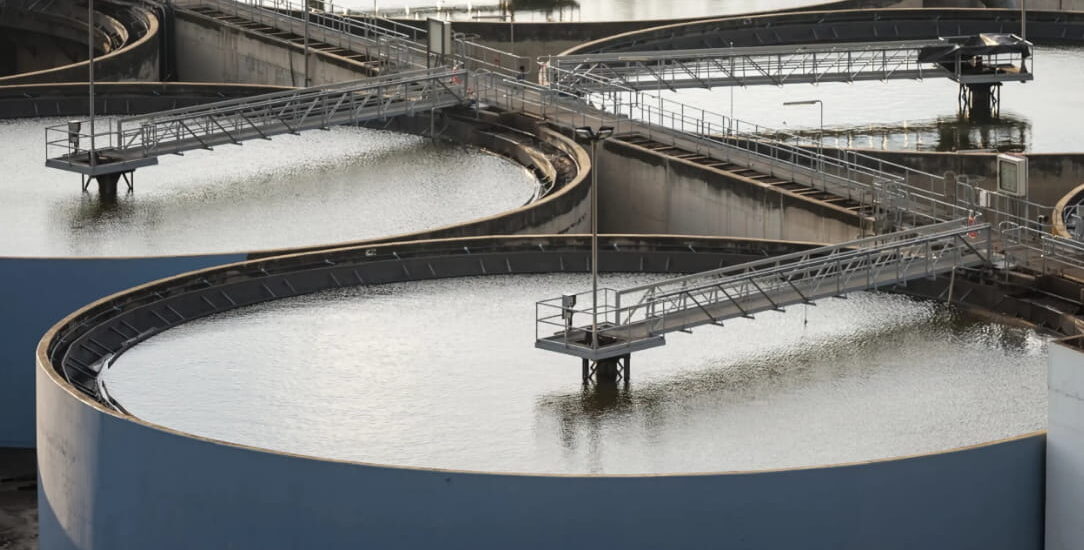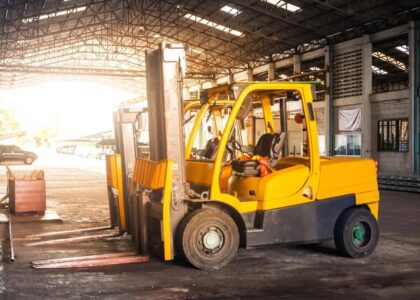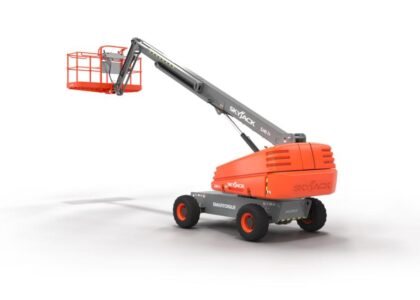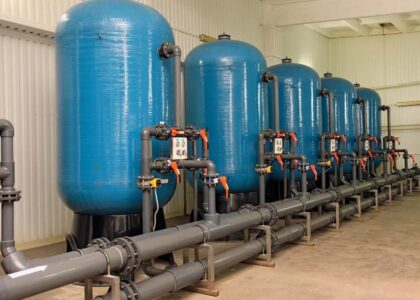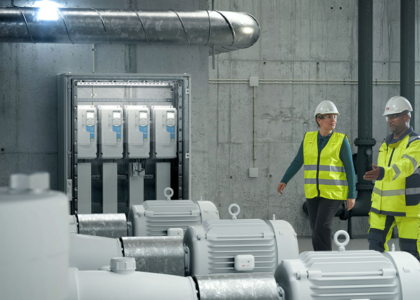Filtration solutions are crucial for maintaining high operational efficiency and longevity of industrial equipment. However, installing efficient filters is only half the solution. It is equally important to maintain and replace filters regularly to ensure optimal performance and minimize costly downtime. Here, we will explore why filtration experts recommend regular maintenance and filter replacement, and how it can benefit your business in the long run.
Importance of Filtration Maintenance
Filtration systems work by trapping contaminants and impurities in the fluid or gas flowing through. Over time, these contaminants accumulate on the filters, reducing their effectiveness and causing pressure drops. This reduction in filtration efficiency can lead to a range of problems, such as decreased equipment performance, accelerated wear and tear, and even equipment failure.
Maintenance can involve cleaning the filters or replacing them entirely, depending on the type of equipment and its operating conditions. Although maintenance can cost money and time, the cost of failing to maintain your filtration systems is often higher in the long run.
Benefits of Filter Replacement
It is an integral part of filtration maintenance that should not be overlooked. Even when filters are cleaned regularly, they can become clogged or worn out over time, reducing their effectiveness. Experts recommend replacing filters once they reach their maximum filtration capacity or when they show signs of damage or wear.
First, it ensures that the filtration system is operating at peak efficiency, maximizing the lifespan and performance of equipment. Second, it prevents costly downtime and repairs caused by equipment failure due to clogged or damaged filters. Finally, filter replacement can also improve the quality of the product or process by removing contaminants more effectively.
Filtration Solutions for Different Industries
Different industries use various filtration solutions for their specific needs. For example, the manufacturing industry uses these systems for air and water purification, and the food and beverage industry requires stringent filtration standards to ensure product safety and compliance. Regardless of the industry, these experts advise businesses to follow manufacturer guidelines for maintenance to maintain optimal performance and longevity of equipment.
In Conclusion
Filtration technologies are crucial for the efficient and reliable operation of equipment across various industries. These solutions need to function at peak efficiency, prevent equipment failure, and ultimately save businesses from costly repairs and downtime. Following manufacturer guidelines and consulting with filtration experts can ensure that businesses get the most out of their filtration systems and achieve long-term success.


